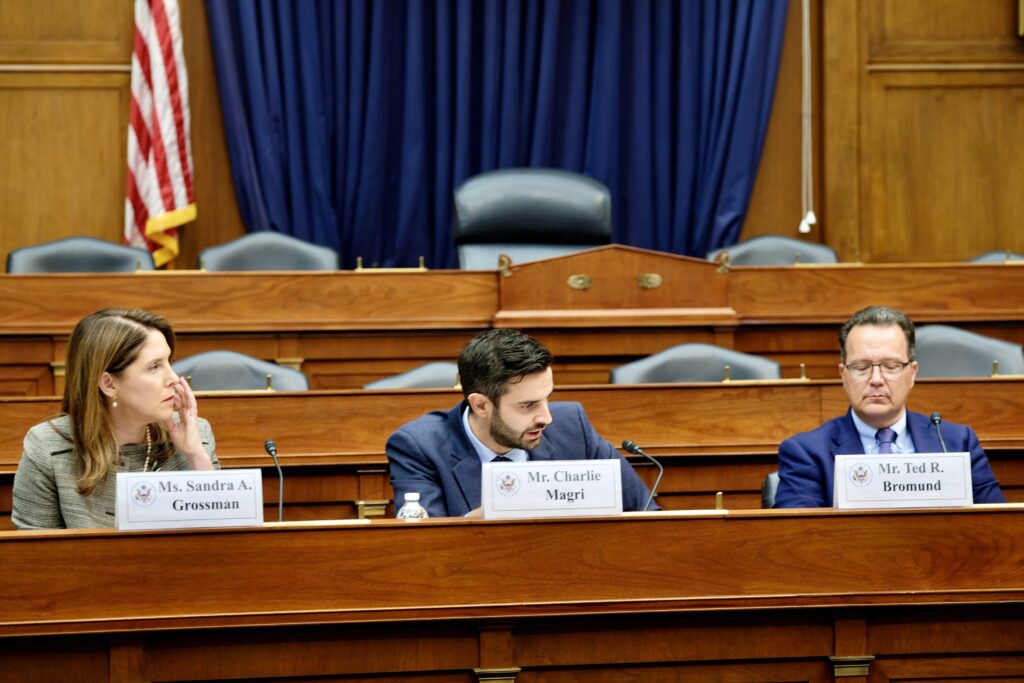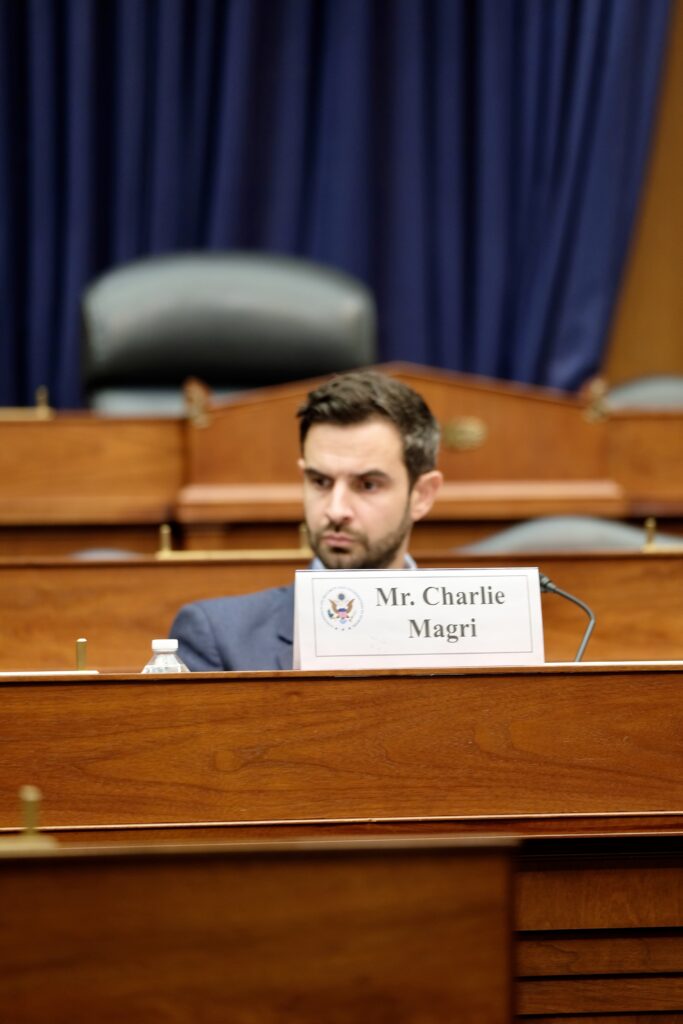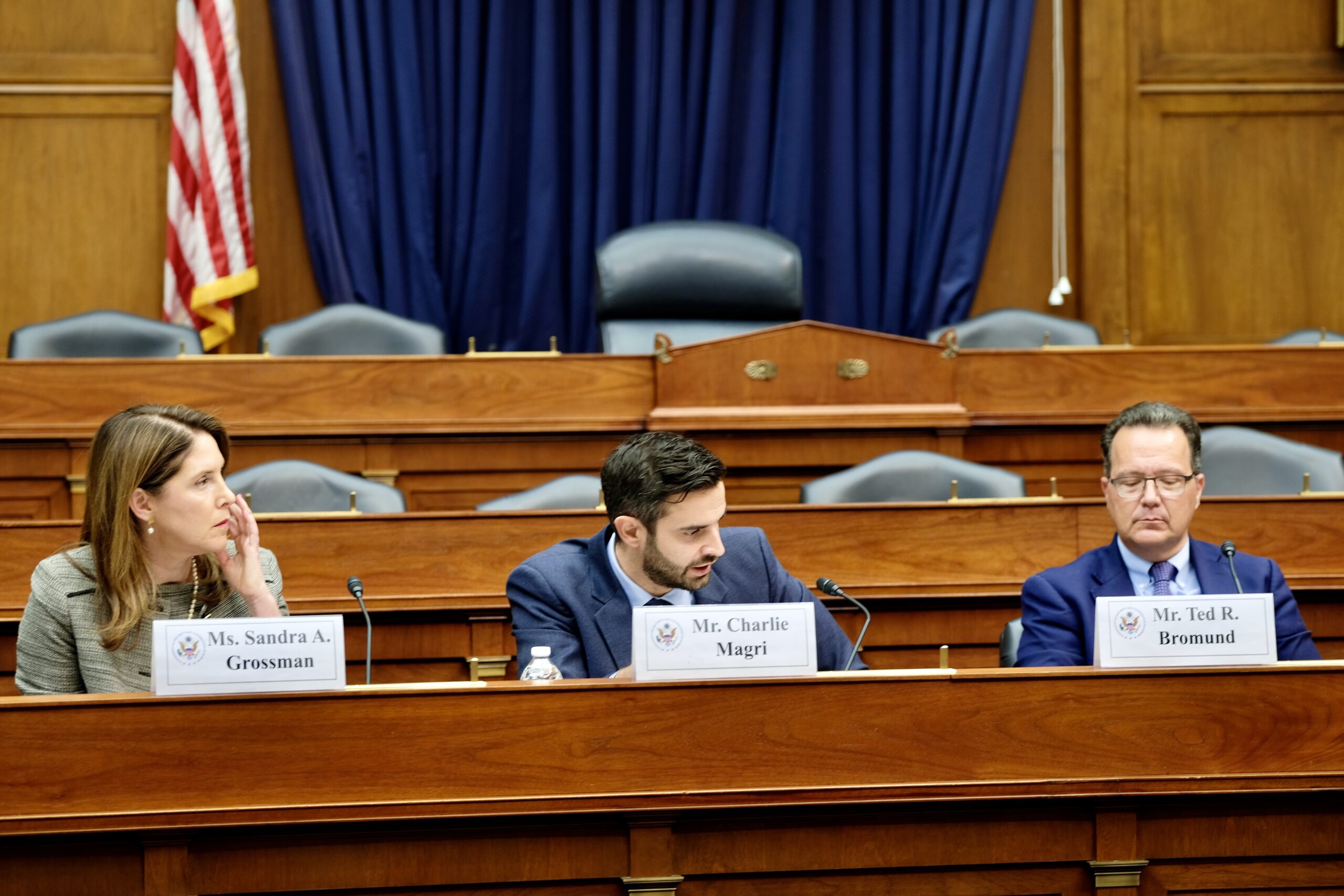The Commission on Security and Cooperation in Europe, also known as the U.S. Helsinki Commission, is an independent commission of the U.S. Federal Government.
On October 29th, the U.S. Helsinki Commission held a crucial briefing to examine the misuse of INTERPOL’s global communication systems by authoritarian regimes. As the world’s leading law enforcement coordination organization, INTERPOL is intended to promote international security and justice. However, authoritarian states have increasingly exploited its channels to issue politically motivated Red Notices, bogus charges, and fraudulent “lost or stolen” passport reports, often targeting dissidents, journalists, and activists far beyond their borders. These abuses not only harm individuals but also undermine INTERPOL’s mission and threaten the rule of law in democratic countries.
The Transnational Repression Accountability and Prevention (TRAP) Act, passed in 2021, responded to these concerns. This law mandates that U.S. agencies file regular reports on their actions to prevent INTERPOL abuse, bolster domestic safeguards, and advocate for meaningful reforms within INTERPOL. By prohibiting U.S. agencies from extraditing individuals based solely on INTERPOL notices, the TRAP Act represents a significant step forward in preventing the misuse of international law enforcement systems for political ends.
The briefing assembled a panel of experts to review the effectiveness of the TRAP Act, three years after its passage, to assess ongoing abuses, and to discuss potential avenues for further reform. Panelists included:
- Ted R. Bromund, Founder, Bromund Expert Witness Services
- Charlie Magri, Lawyer, Otherside – Law Firm
- Sandra A. Grossman, Partner, Grossman Young & Hammond, LLC

Charlie Magri’s Perspective on Reform and Abuse of INTERPOL
As a featured panelist, Charlie Magri brought experience from his tenure as a former Legal Officer at the Commission for the Control of INTERPOL’s Files (CCF), where he handled data deletion requests and gained insight into INTERPOL’s legal mechanisms. Currently, as a lawyer dedicated to challenging unjust INTERPOL notices, Magri emphasized how INTERPOL’s systems can be improved to better safeguard against politically motivated abuses.
Key Reforms Undertaken by INTERPOL
Since 2015, INTERPOL has implemented several initiatives to prevent the misuse of its systems:
- Notices and Diffusions Task Force (NDTF): Launched in 2016, the NDTF reviews Red Notices and Diffusions for compliance with INTERPOL’s standards, reducing the number of politically motivated or otherwise non-compliant notices.
- Refugee Policy (2017): Aimed at prohibiting Red Notices against recognized refugees, this policy provides essential protections against attempts to persecute those fleeing oppressive regimes
- Strengthening of the CCF’s Powers: In 2017, the CCF’s authority was expanded, making its decisions binding on INTERPOL, with statutory timeframes introduced to ensure timely decisions, thus enhancing protection for individual rights.
- Enhanced Review Capabilities for the NDTF (2022): A regional approach was introduced, allowing for improved language and geopolitical expertise in reviewing Red Notices and Diffusions, contributing to a more nuanced assessment process.
While these reforms represent important steps forward, they have not eliminated politically motivated misuse entirely. As Magri highlighted, authoritarian regimes have adapted, using less obvious charges—like fraud or embezzlement—rather than openly political accusations, making it harder to filter out politically motivated notices.

Recommendations for Strengthening INTERPOL’s Protections
Magri presented several proposals to address the ongoing challenges within INTERPOL’s framework:
- Enhanced Accountability for National Central Bureaus (NCBs): The NCBs play a crucial role as gatekeepers within INTERPOL’s systems. Ensuring the accuracy and legality of data submissions requires rigorous training and oversight of NCBs, as they are the first line of defense against abusive requests.
- Improved Transparency in Reporting: To detect patterns of misuse, INTERPOL should publish detailed statistics on Red Notice and Diffusion requests, including the number of rejections or cancellations, broken down by country. This transparency would promote accountability without publicly targeting individual nations.
- Increased Resources for the CCF: With a significant increase in case volume, the CCF’s capacity is stretched. Adding resources, particularly in staffing, would expedite case resolution times and improve transparency, allowing for more timely publication of anonymized decisions that can provide insight into the CCF’s legal reasoning.
These recommendations emphasize the need for continued vigilance, transparency, and adequate resourcing to prevent politically motivated abuse within INTERPOL’s network.
Moving Forward: A Continued Commitment to Reform
As the panel highlighted, protecting INTERPOL’s mission from misuse by authoritarian regimes requires ongoing commitment and action. Although the reforms implemented thus far have been valuable, the persistence of politically motivated abuses indicates there is more work to be done. With targeted improvements in transparency, accountability, and resources, INTERPOL can become a stronger, more effective force for global security without being weaponized for political repression.
For those interested in viewing the full recording of the briefing, it is available below.
The official transcript of the briefing, which includes a more detailed written statement from Charlie Magri, expanding on his oral remarks, is accessible here.





